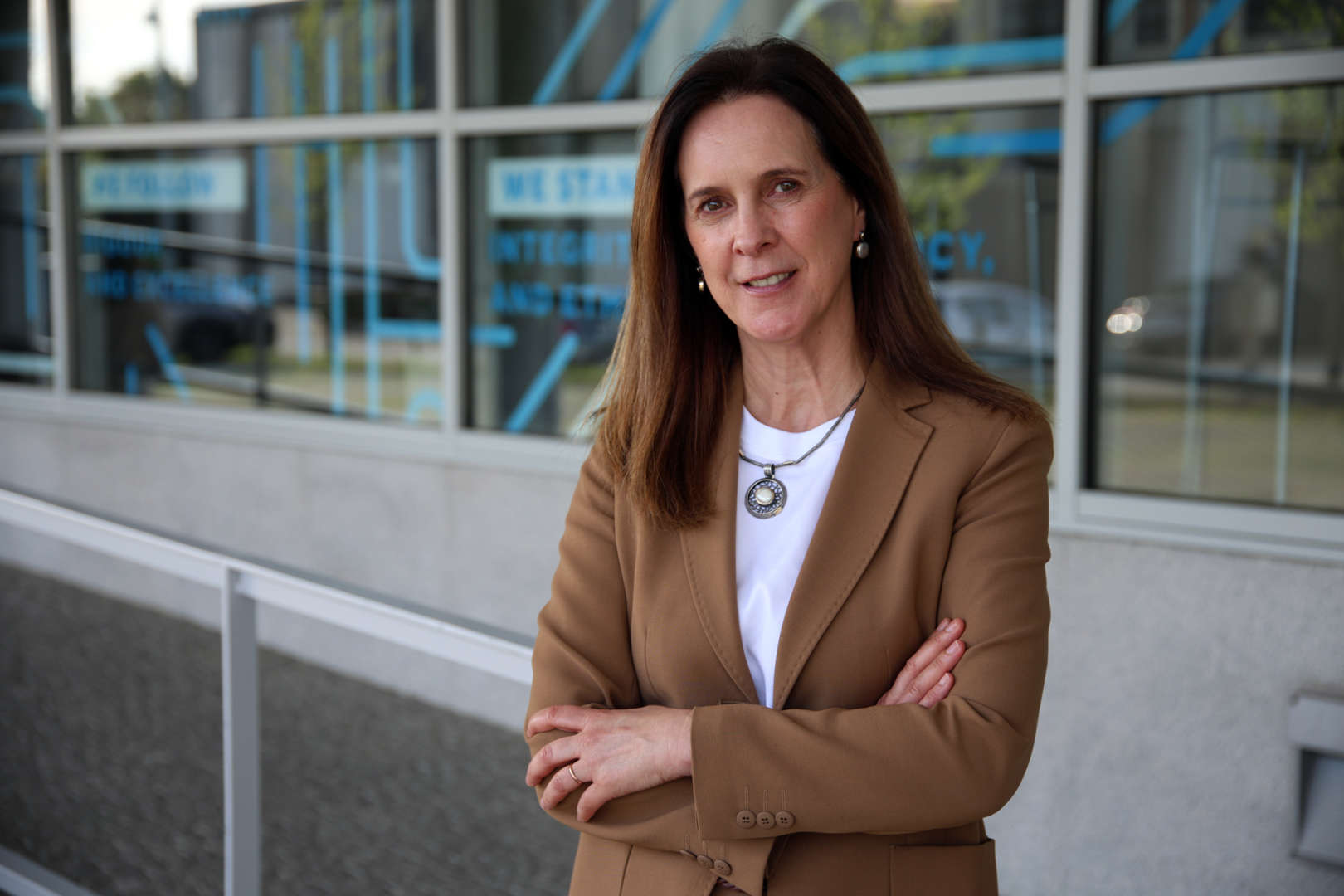About
Lia Patrício is a Member of the Board of INESC TEC, is Associate Professor at the Faculty of Engineering of the University of Porto, she, and she is scientific director of the Engineering and Public Policy area of the CMU-Portugal Program. Her research focuses on Engagement and Service Design and Innovation for Service System Transformation. She coordinated the project with the Portuguese Ministry of Health for the design of the Portuguese Electronic Health Record and she was Principal Investigator of the Service Design for Innovation Marie Curie - Innovative Training Network, and us currently leader of the WPs on citizen engagement and service design of the European projects POCITYF and DECODIT. She has also conducted research projects on the design of technology enabled services with the industry, from Energy, Healthcare, Banking, Transportation or Retailing. Lia Patrício is associate editor of the Journal of Service Research. She is Global Faculty Member of the Center for Services Leadership, Arizona State University and Academic Scholar at the Cornell Institute for Healthy Futures. Her research has been published in the Journal of Service Research, Journal of Business Research, Journal of Cleaner Production, Journal of Service Management, Design Studies, Energy Policy among others.


